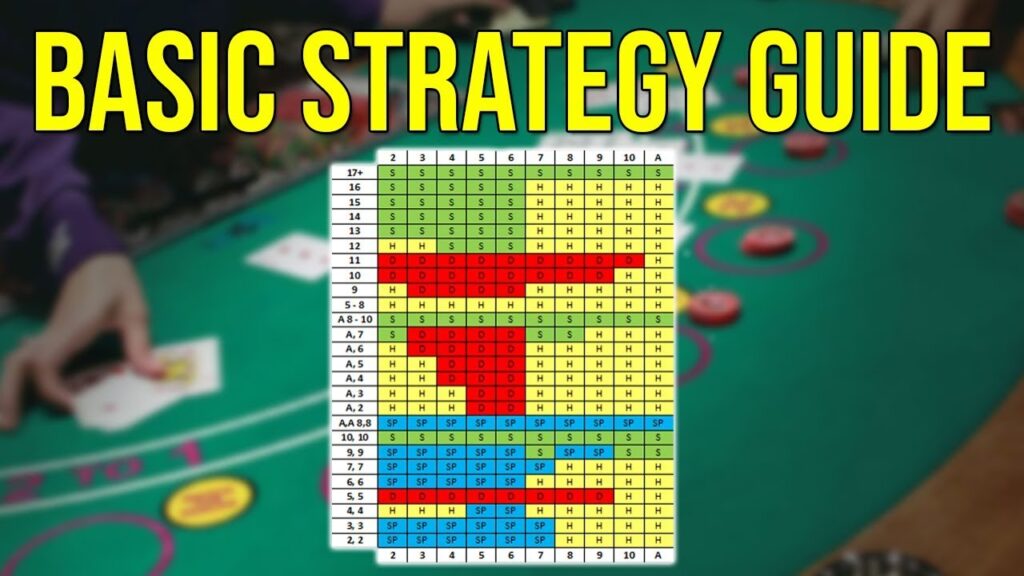While playing Blackjack Strategies in the real world, some players surrender to get out of the hand when they are too far behind, worried that they are unable to win the hand. surrendering is a gaming strategy that takes a lot of guts and commitment to use, especially when you are betting a high stakes of money.
The surrender option is one of the available options that many Blackjack Strategies players enjoy when the dealer has an Ace up card. Whether you hit the surrender button yourself or the dealer hits it, you are allowed to surrender the hand, return half of your bet, and keep the hand if you feel that there is still a chance of hitting your Ace.

Blackjack Strategies rules for surrender are fairly simple. If the dealer has an Ace up card, he will ask if you if you want to surrender. If you feel that you have only a slim chance of winning the hand, you should definitely surrender. lumbung88 login The odds are fairly low for you to win the hand, and it is better to cut your losses before you lose a considerable amount of money.
The disadvantage to surrendering is that a croupier can simply take your money and won’t give you any additional cards. This means that you are relying on luck to get your money back. This isn’t always the case, however. If you are following basic strategy and expect to win, you can safely surrender. If you surrender and have a poor hand, you will likely lose more money than you won.
Blackjack is a game of math and unless you can count cards, you need to surrender often in order to effectively capture card streaks. If you are out of cards, you can’t expect to get them back any time soon.
The Cards You Need To Win
In blackjack, you need to hit 21 or get as close to 21 as possible without going over. Face cards are assigned a value of 10, Aces are 1 or 11, and whatever card is placed on the top of the deck is called a “blackjack” card. If you go over 21, you lose the hand. If you get 21 on your first two cards, you can’t draw any more cards and you will eventually lose the hand whether or not you bust.
Keeping track of your cards is difficult. You don’t need to keep track of all of your cards; just keep track of the values of the cards as they are played out. If you know the cards have been played out, you know what the value of the cards are. Keeping track of the cards on the table is easiest if the cards are on the table themselves. However, if the dealer deals you a card face up, you will need to track the card regardless of its value.
When you raise pre-flop, you are hoping of getting a large number of additional cards to fill the hand. If you have nine cards in your hand, you could expect about six to seven additional cards to be dealt. This would fill your hand and make it likely that you will win. On the other hand, if you have seen less than six cards, you could wait for the sixth card to be dealt and then you can play aggressively.
The hand goes on until it reaches the seventh card and the dealer either busts, or has a higher total card count than you. If the dealer has a higher card count, he is more likely to beat you. In this situation, you should surrender and call for a new game.
Besides getting a high card count, the player has other things to consider when playing. For example, if the player is a novice, the more cards that are dealt, the higher the risk of getting a streak cracked. The hardcore players are well aware of the high risk of consecutive banker wins and losing streaks and will only play when they have a high probability of winning. On the other hand, the newbie, or fish, requires less risk and may be more comfortable playing tighter.
The good thing about strategic surrender is that unless you totally misplay, you will rarely be called. Like anything else, practice makes perfect. With enough practice on the strategy, you will acquire the right play and the right instinct will guide you in the right direction.
The rule in strategic poker is that you are in the best position to act in terms of position and betting action when you are in dealer position. However, position is not important in First Or Third Street. You are not only limit the amount of hands you can play, by playing more hands in strategic position, you also narrow down the various card combinations that other players may be holding.
Furthermore, it can be very beneficial to shift your bet when you have the best hand. Players may put you on high cards, or may raise when you have a pair.